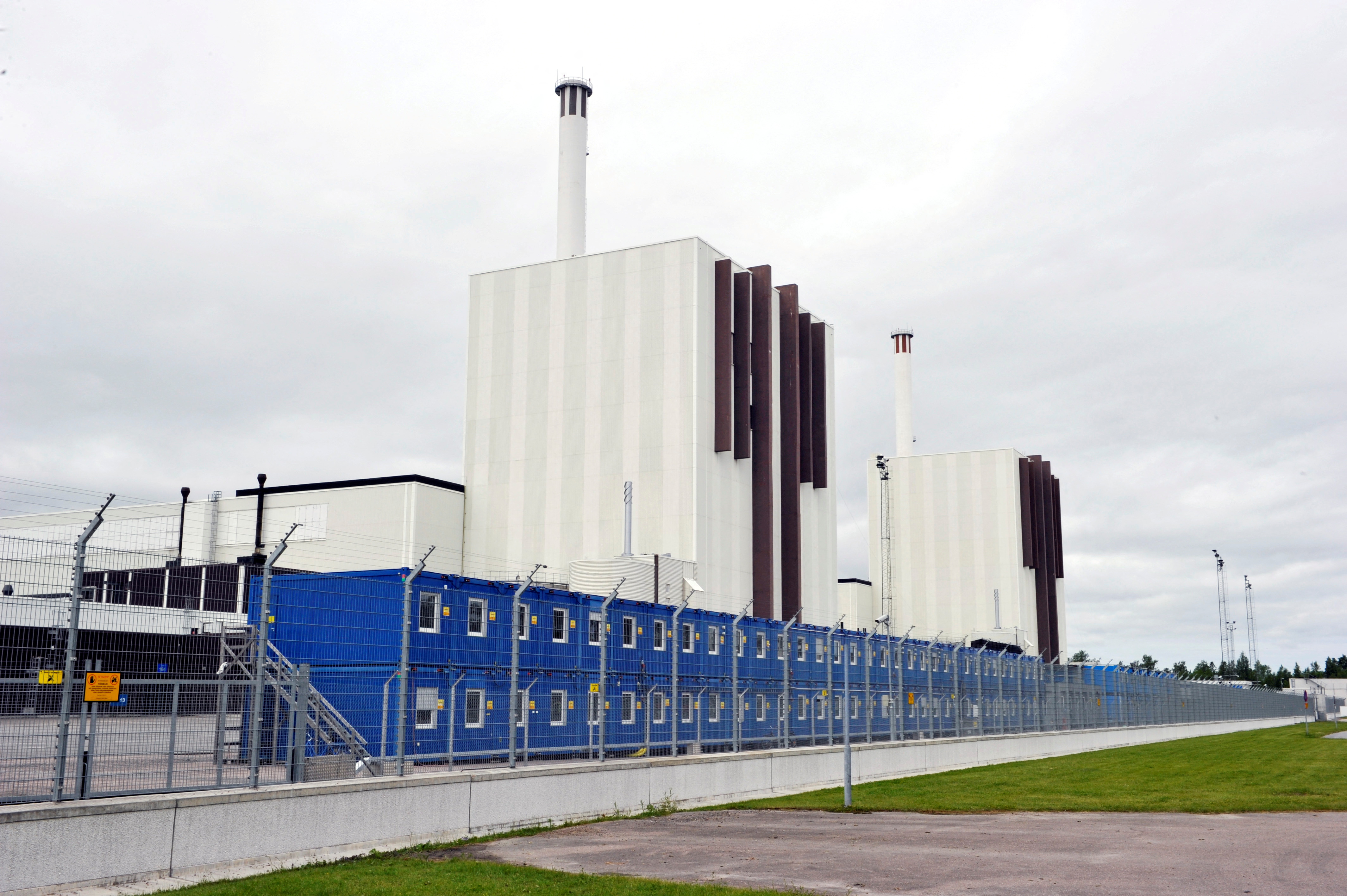Sweden approves plan to bury spent nuclear fuel for 100,000 years
Sign up now: Get ST's newsletters delivered to your inbox

A 2010 photo shows a nuclear power plant in Forsmark, Sweden.
PHOTO: REUTERS
STOCKHOLM (REUTERS) - Sweden's government gave the go-ahead on Thursday (Jan 27) for the building of a storage facility to keep the country's spent nuclear fuel safe for the next 100,000 years.
What to do with nuclear waste has been a major headache since the world's first nuclear plants came on line in the 1950s and 1960s.
The International Atomic Energy Agency estimates that there is around 370,000 tonnes of highly radioactive, spent nuclear fuel in temporary storage around the globe.
"Our generation must take responsibility for nuclear waste. This is the result of 40 years of research and it will be safe for 100,000 years," Environment Minister Annika Strandhall told reporters at a news conference.
"The solution for the final storage of spent nuclear fuel - through that, we ensure that we can use our current nuclear power as a part of the transition to becoming the world's first fossil-free, developed nation."
Sweden's nuclear power plants have produced around 8,000 tonnes of highly radioactive waste - including spent fuel - since they started operating in the 1970s.
The plan is to bury the waste - and the fuel that reactors will use until they shut down some time in the 2040s - 500m down in the bedrock near the Forsmark nuclear plant.
After about 70 years, when the tunnels are full, they will be packed with bentonite clay to keep out water and the facility sealed up.
Sweden's decision comes amid renewed interest in nuclear power, seen by many countries as an essential transition stage in ending reliance on fossil fuels and paving the way for the electrification of society.
The European Union, for example, plans to class some new atomic power plants as "green".
Swedes voted in 1980 to phase out nuclear power, but attitudes have been shifting.
Sweden's main political parties did a deal on nuclear power in 2016, agreeing that six existing reactors could continue to operate and that up to 10 new reactors could be built at existing sites.
The cost of new plants, however, is widely seen as making them uneconomical unless a future government agrees to generous subsidies.


